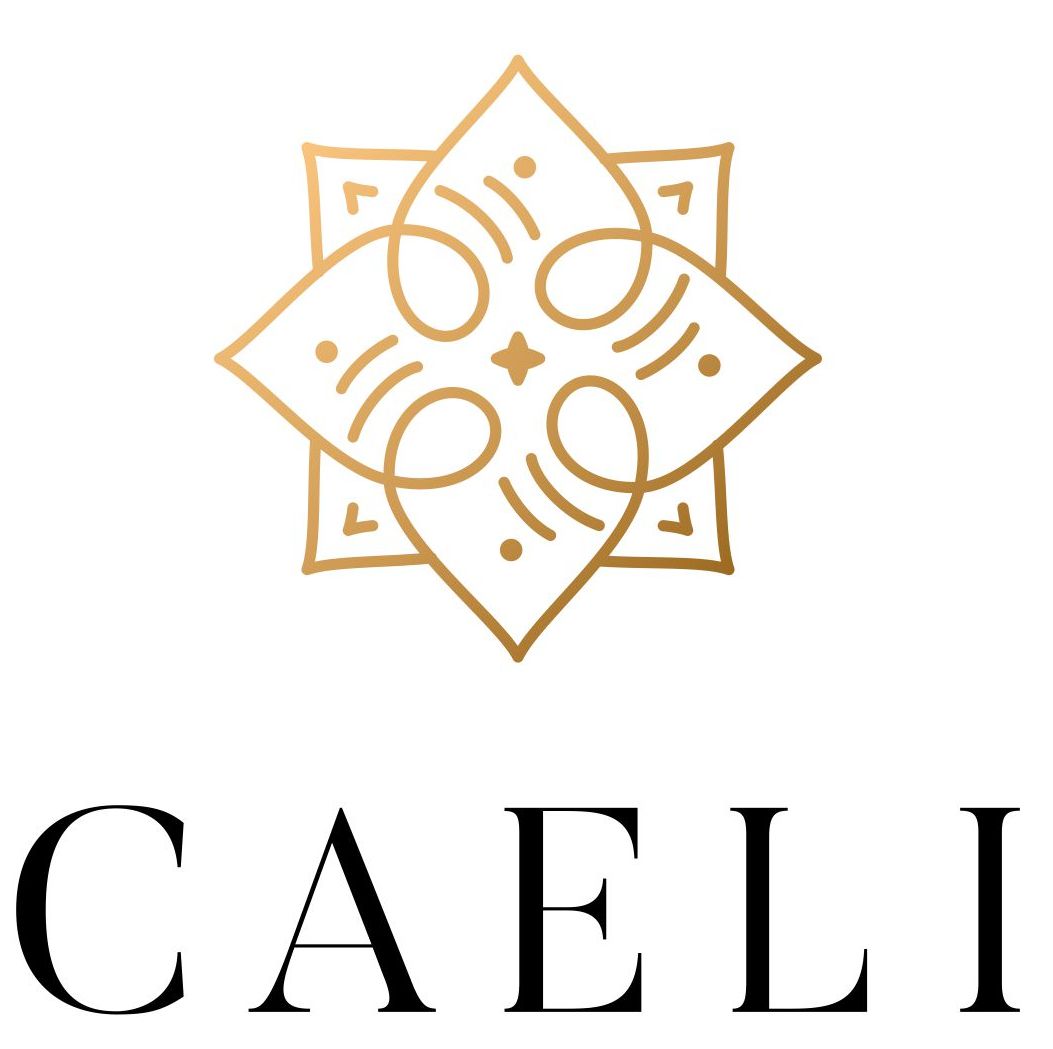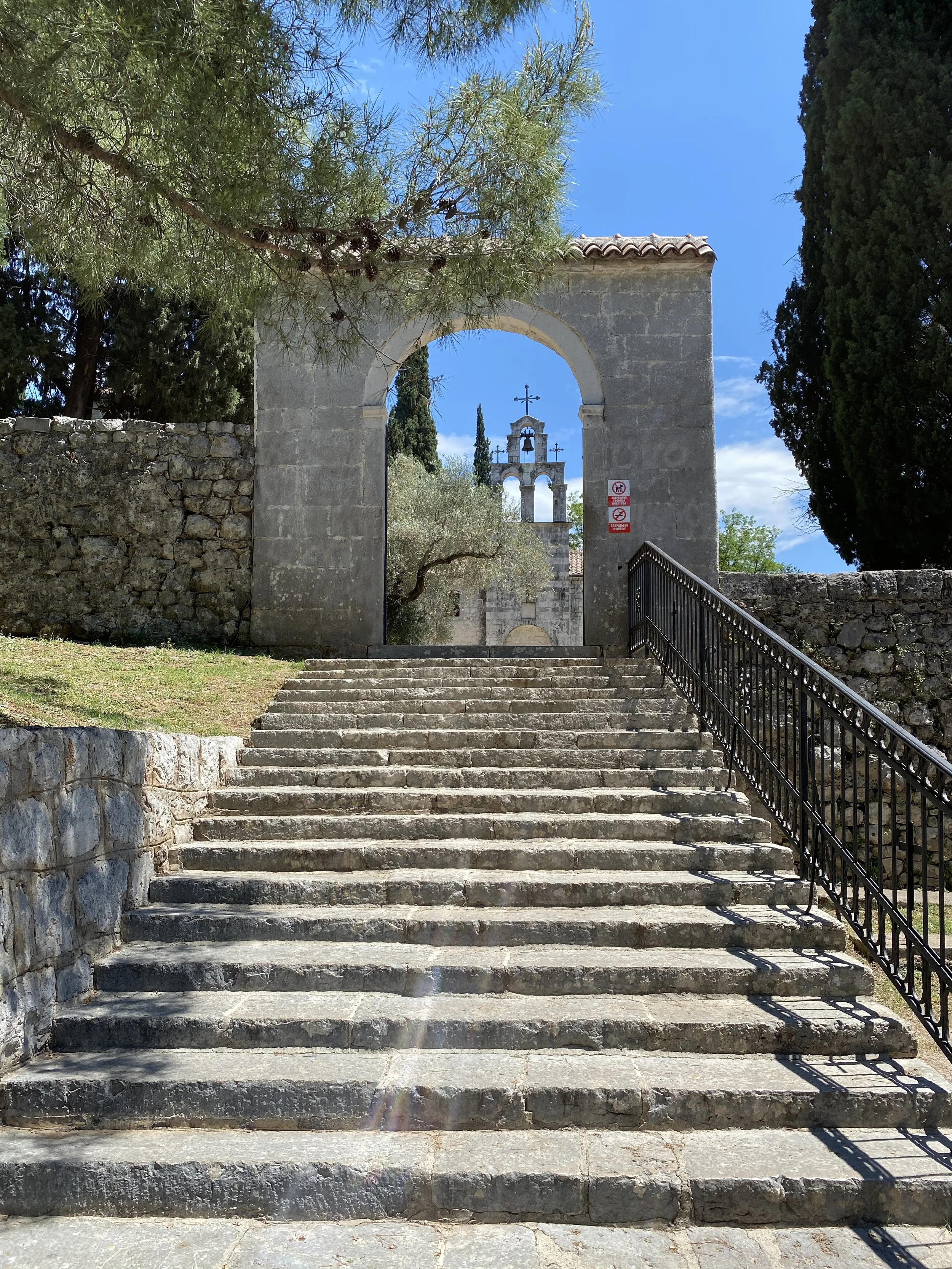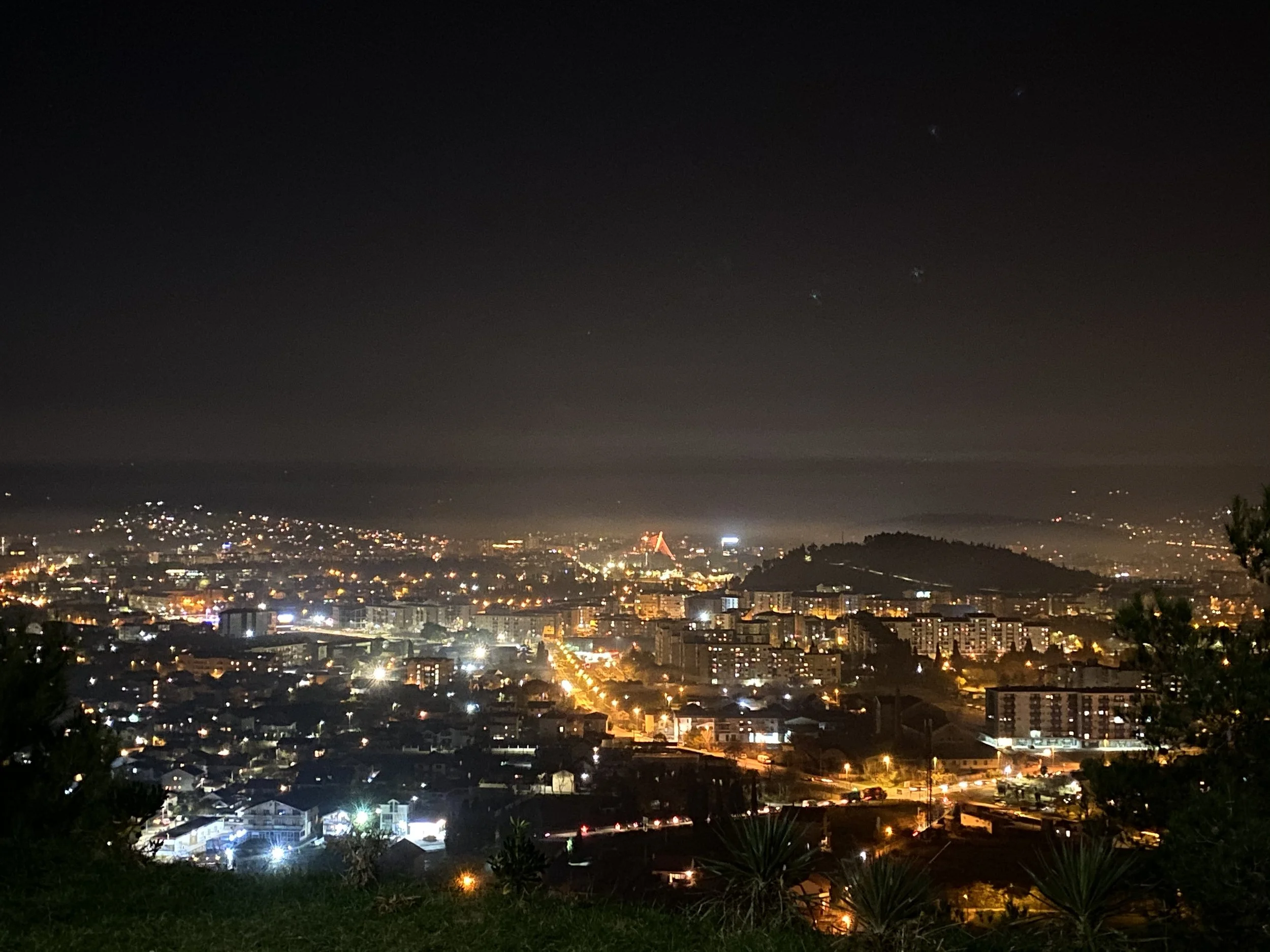Liberation day of Podgorica 19.12.
Podgorica is the capital city of Montenegro, a small country located on the Balkan Peninsula in Southeastern Europe. It is situated on the banks of the Morača River and is known for its natural beauty and rich cultural and historical heritage.
Podgorica has a long and fascinating history dating back to ancient times, and it has played a significant role in the development and evolution of the region. Today, Podgorica is a modern and thriving city with a vibrant economy, diverse population, and rich cultural scene. It is an important hub of activity in the region and a popular destination for tourists and travelers.
Even though most of Podgorica was destroyed in WWII Podgorica still has some beautiful monuments
Liberation Day
Podgorica Liberation Day is a public holiday in the capital city of Montenegro, celebrated on December 19th every year. It commemorates the liberation of the city from Nazi occupation during World War II by the Yugoslav Partisans, a resistance movement led by Josip Broz Tito. Prior to the war, Podgorica was a thriving city with a rich cultural and economic history. However, during the war, the city was heavily damaged and suffered numerous casualties. Podgorica was bombed more then 80 times and had more than 4000 casualities.
The holiday serves as a reminder of the sacrifices made by the Yugoslav Partisans and the importance of freedom and independence.
The Nazi occupation of Podgorica
During World War II Podgorica was occupied by the Axis powers, including Nazi Germany and Fascist Italy. The occupation began in 1941 and lasted for three years. The city was subjected to widespread destruction and suffered numerous casualties as a result of the occupation. Many of its residents were forced to flee or were killed, and the city's infrastructure was severely damaged. The Nazi occupation of Podgorica was a dark and difficult time in the city's history.
The liberation of Podgorica
On December 19, 1944, the Yugoslav Partisans successfully liberated Podgorica from Nazi control in a major operation. The Partisans, led by Josip Broz Tito, had been fighting against the Axis powers throughout the war and were able to finally free the city from occupation. The liberation of Podgorica was a significant moment in the city's history and marked the beginning of a new era of freedom and independence.
The significance of 19.12 for Podgorica
Podgorica Liberation Day is an important holiday in the city and is celebrated with ceremonies, parades, and other cultural events. It is a time for the people of Podgorica to come together and celebrate their city's liberation and freedom. The holiday also serves as a reminder of the sacrifices made by the Yugoslav Partisans during the war and the importance of remembering and honoring the city's history.
Millenium Bridge in Podgorica
The aftermath of the war and the rebuilding of Podgorica
After the war, Podgorica was rebuilt and renamed Titograd in honor of Josip Broz Tito. The city became the capital of the Socialist Republic of Montenegro and developed into an important political, economic, medical, university, and administrative center. Titograd thrived for many years and was a significant hub of activity in the region. However, in 1992, the city's name was changed back to its original name, Podgorica.
Podgorica Liberation Day is an important holiday in the capital city of Montenegro serving as a reminder of the sacrifices made by the Yugoslav Partisans and the importance of freedom and independence. The aftermath of the war saw the rebuilding of the city and its transformation into a thriving hub of activity in the region. Today, Podgorica is a vibrant and thriving city with a rich history and a bright future.



